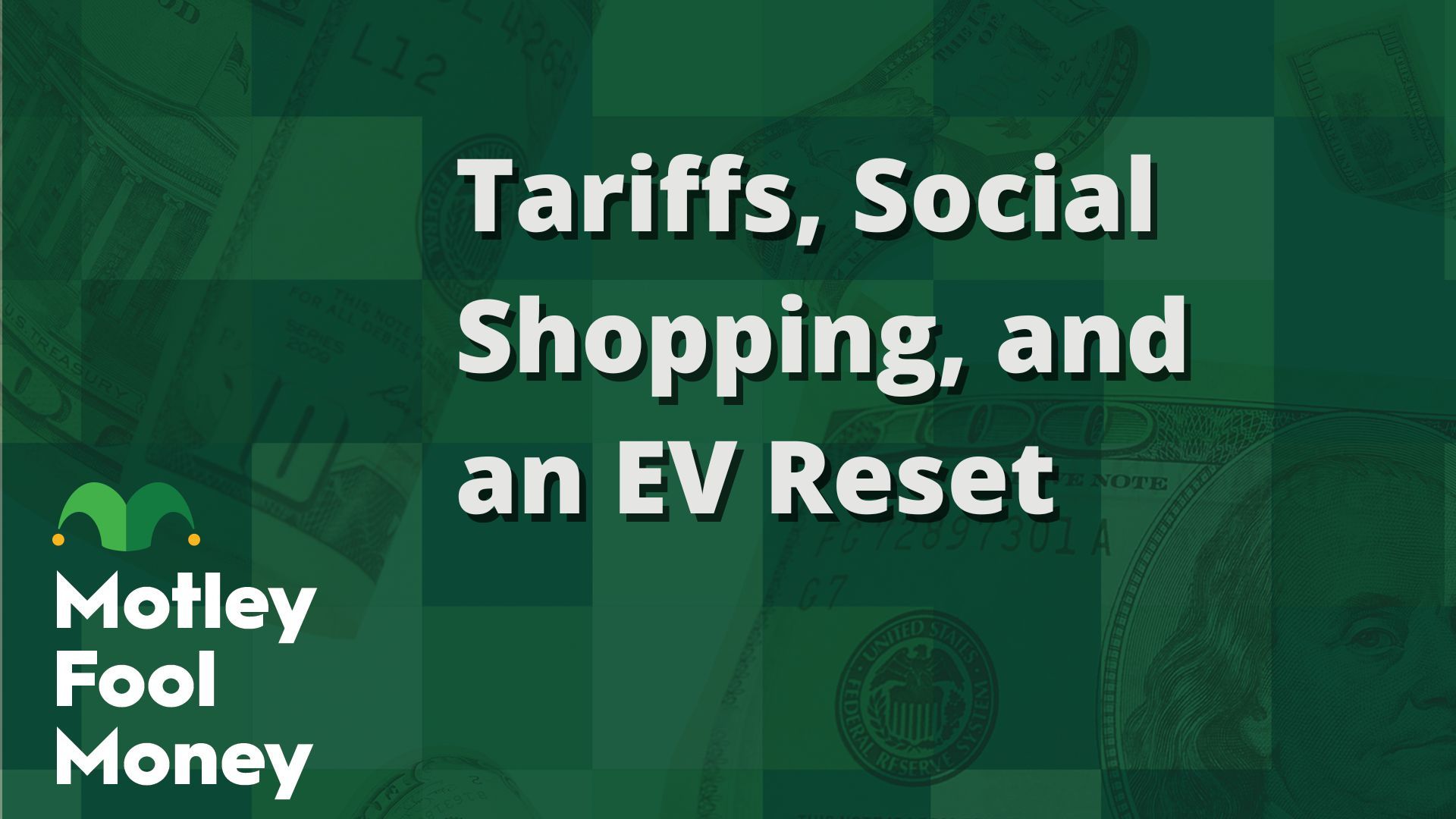
"I'm Emily Flippen. Today, I'm joined by analysts Jason Hall and Dan Caplinger to discuss how the sale of TikTok in the United States could change the way we shop here at the start of Prime Day, as well as expectations for demand for electric vehicles now that domestic EV tax credits have expired. But first, I think it's worth taking a deeper look at whether or not we can call tariffs a success."
"Most empirical evidence says that, generally speaking, tariffs don't spur economic growth. In fact, most economists and investors speculated that they would actually cause profits to drop, stocks to fall, consumer spending to ease, and inflation to rise. But so far, it doesn't really seem like that's been the case. In fact, it's really been the opposite. Stocks are up. The economy has been really resilient, and inflation does seem to be moderating."
Tariff actions implemented in 2025 have not produced the predicted negative macroeconomic effects; stocks have risen, the economy has remained resilient, and inflation has moderated. Historical empirical evidence generally shows tariffs do not spur economic growth and were expected to reduce profits, lower stock prices, curb consumer spending, and raise inflation. A U.S. sale of TikTok could accelerate social commerce adoption and alter shopping behavior as major retail events lose prominence. The Sept. 30 expiration of federal electric-vehicle tax credits reduces incentives for buyers and could further dampen demand for Tesla, BYD, Ford, and other EV makers. Debate remains over who ultimately bears the cost of tariffs—consumers, importers, or foreign producers—affecting price dynamics and corporate margins. Retailers may need to rely more on integrated social-commerce tools and creator-driven discovery as traditional promotional events become less differentiating.
Read at The Motley Fool
Unable to calculate read time
Collection
[
|
...
]